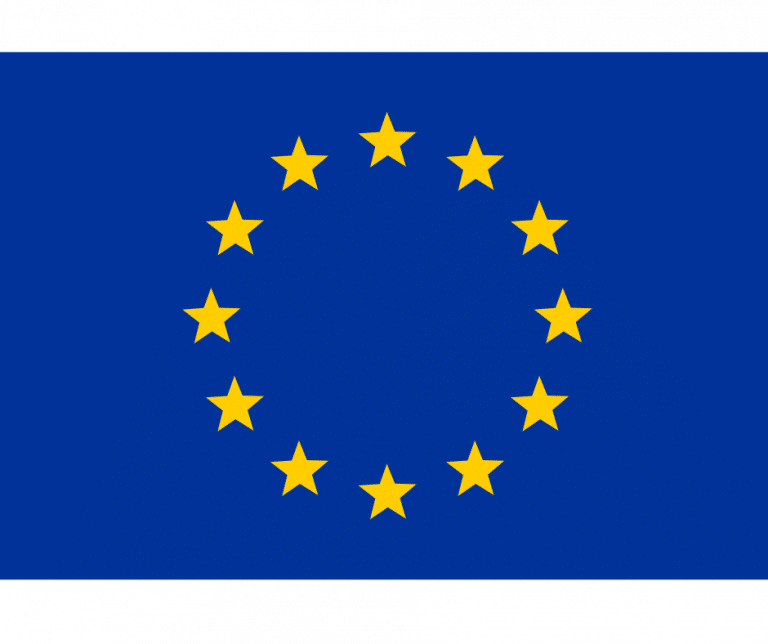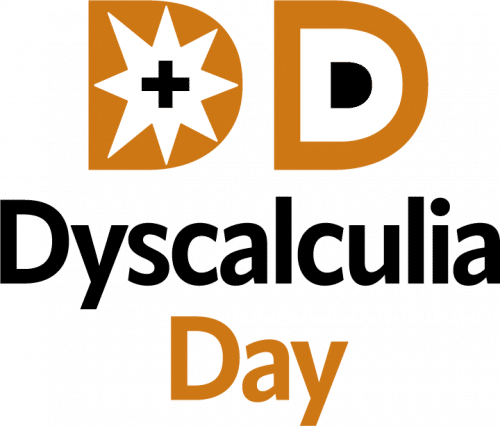The European Dyslexia Association (EDA) reminds all candidates to the European Parliament in 2024 that millions of citizens are still excluded from school and employment in Europe as dyslexia, dyscalculia and other specific learning difficulties is often poorly taken into account.
For inclusive education in Europe
To achieve the European objectives for initial training and for basic skills, Member States must effectively support students with specific learning disabilities without discrimination. Europe must promote and develop equal access for all to education with active and effective policies for both learning and assessment. A common European standard for initial teacher education should include training on dyslexia, dyscalculia and other specific learning disabilities to ensure all teachers and schools are equipped with the knowledge they need to support all learners. Young people with dyslexia also have less opportunities to move freely across Europe due to the additional challenges for them when learning languages. They do not have enough support to continue their studies in all the countries of the European Union.
For inclusive workplaces in Europe
In order to access employment opportunities and remain employed, adults with dyslexia, dyscalculia or other specific learning difficulties often experience lack of opportunities and many barriers. While their adaptation needs are known and reasonable, they still face prejudices and limitations. The European Union can fund awareness raising, resources and support for both employers and employees to ensure workplace inclusion.
For a Europe accessible to all
The difficulties to access reading materials are higher because of lack of accessibility of publications, both in print and in digital material. European standardisation and policies do not sufficiently take into account the needs of people with disabilities and are not sufficiently enforced at national level. Continued efforts to drive accessibility of information in a variety of formats will help. Minimising technically demanding application processes, using accessible language, would ease the challenges experienced by many dyslexics, e.g. farmers applying for funding under the Common Agricultural Policy (CAP).
The EDA calls on all candidates in the European elections to commit to promoting inclusive European policies for all. These policies should pay special attention to education, employment and accessibility.
About EDA
The European Dyslexia Association brings together more than 40 organisations in 25 countries. EDA defends the rights and interests of people with dyslexia, dyscalculia and other specific learning difficulties in Europe. EDA is an international non-profit association registered in Belgium. Learn more at www.eda-info.eu
EDA is a member of the European Disability Forum and also supports the EDF Manifesto.
About dyslexia and dyscalculia
- Dyslexia is a specific learning difficulty characterised by significant difficulties in acquiring reading, spelling and writing skills.
- Dyscalculia is a specific learning difficulty characterised by significant difficulties with understanding numbers and maths in general.
- Together, they affect at least 50 million citizens in the European Union and their families.





